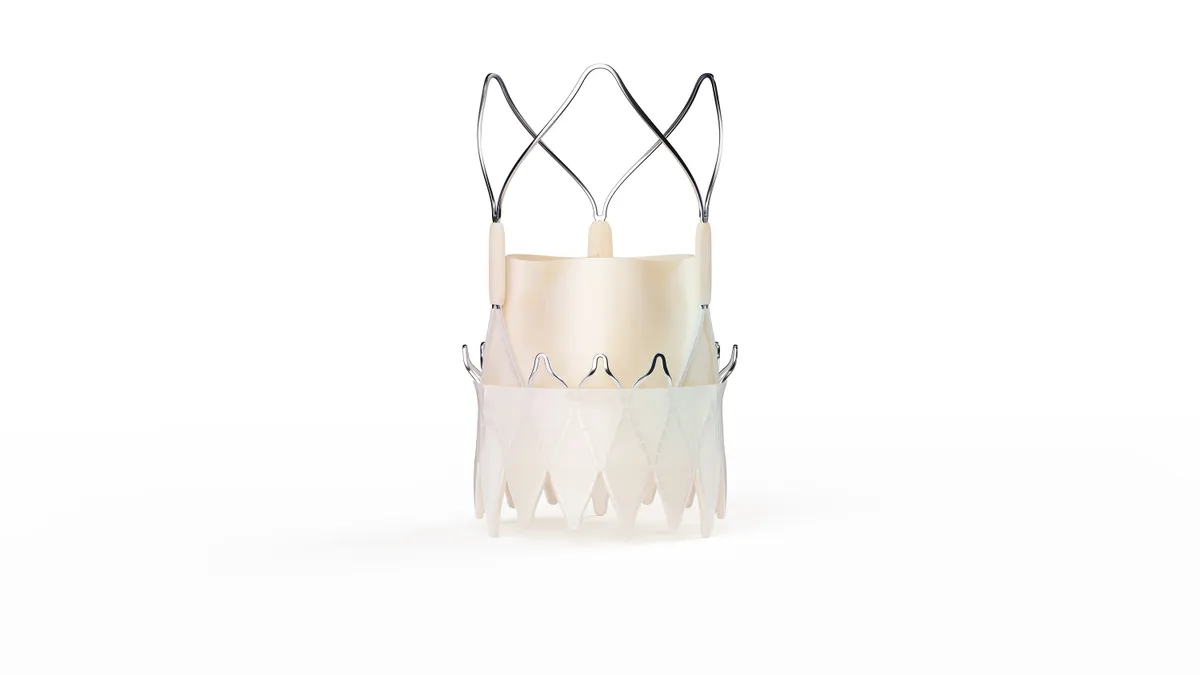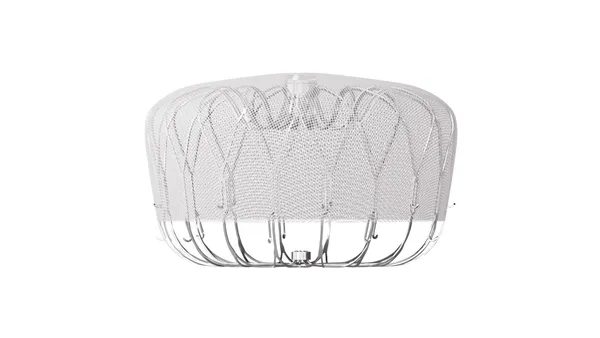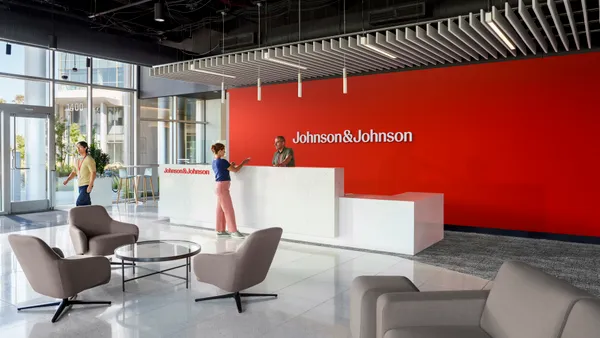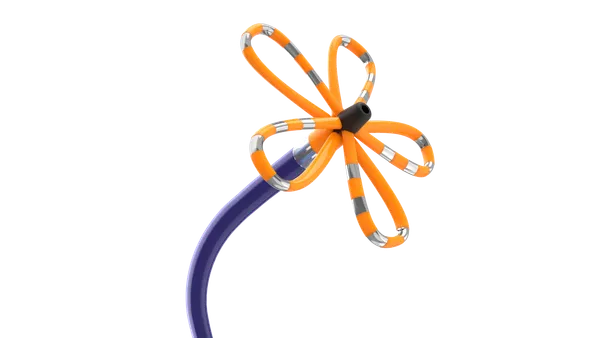Dive Brief:
- Boston Scientific’s Acurate Neo2 transcatheter aortic replacement valve (TAVR) failed to meet its primary endpoint of noninferiority in a head-to-head comparison with valves from Edwards Lifesciences and Medtronic already on the market. The data were presented at the 2024 Transcatheter Cardiovascular Therapeutics (TCT) meeting in Washington, D.C.
- The results showed the composite rate of all-cause mortality, stroke or rehospitalization at one year was 16.16% in the Acurate Neo2 group and 9.53% in the control arm, missing the prespecified threshold for noninferiority, Boston Scientific said Wednesday.
- Analysts said the findings cloud the prospects for a U.S. launch of the device. The Acurate Neo2 system and the company’s newer Acurate Prime valve are both CE-marked in Europe. “This likely precludes a [U.S.] launch for the foreseeable future,” J.P. Morgan analyst Robbie Marcus told investors in a Wednesday note.
Dive Insight:
Boston Scientific has struggled to bring a TAVR platform to the U.S. market to compete with Edwards and Medtronic. It faced a setback in 2020 when Acurate Neo did not achieve noninferiority in a head-to-head trial against Medtronic’s TAVR device. Boston Scientific also discontinued its Lotus Edge TAVR platform in 2020 due to difficulties with the device delivery system.
The Acurate IDE clinical trial presented at TCT evaluated the Acurate Neo2 valve in patients with severe symptomatic aortic stenosis at low, intermediate, high and extreme risk of open-heart surgery. In the control group, patients received either Edwards’ Sapien valve or Medtronic’s Evolut valve, selected by the implanting physician.
Boston Scientific said an issue with under-expansion of the valve, identified in analyses after the study was completed, was a potential factor in the clinical results.
The post-hoc data showed about 20% of the Acurate Neo2 TAVR devices were under-expanded. Patients with under-expanded valves had increased rates of death (two-fold) and stroke (three-fold), Boston Scientific said.
The problem was not evident when evaluating early outcomes but became apparent at one year, the company said, noting that patients with well-expanded Acurate Neo2 valves had rates of death and stroke that were similar to the control group at one year.
The company also said it faced a challenging trial environment that complicated comparisons with commercially available devices.
Needham analyst Mike Matson, in a research note, said the trial was conducted over 47 months during the height of the COVID-19 pandemic, which disrupted enrollment.
“It's unclear what this means for FDA approval of [Acurate Neo2] but we think approval is less likely and some sort of additional clinical data may be required,” Matson wrote.
Truist Securities analyst Richard Newitter suggested in a note to clients that Boston Scientific may need to conduct a single-arm 100-patient registry to address the valve expansion issue.
J.P. Morgan’s Marcus said Boston Scientific’s management will need to weigh the cost of launching the device in a “highly competitive, decelerating market.”
Both Marcus and Matson said the study was unlikely to have a significant impact on Boston Scientific’s international sales. Marcus said the valve “remains a good device when fully expanded.”
Boston Scientific said it continues to work closely with the Food and Drug Administration on the regulatory strategy for approval of the Acurate platform in the U.S.












